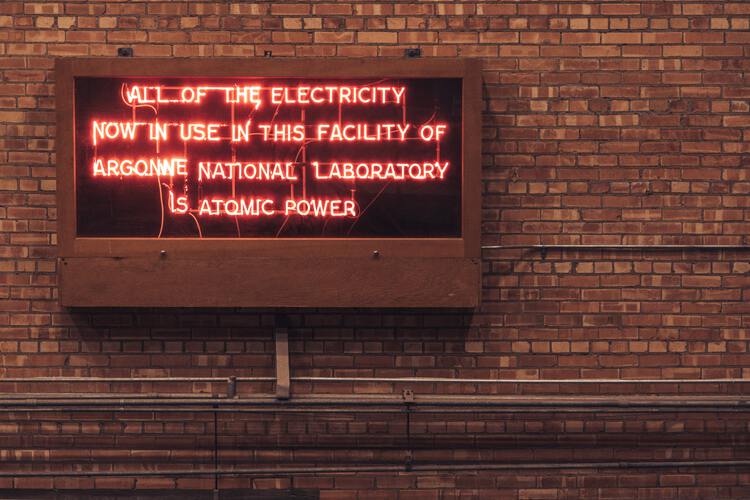Derek Kidner writes in his commentary on Psalm 93:1-2: “True to Israel’s faith, the psalm reaches back to the Creator himself for what is everlasting, not to the seeming eternity of the earth.”1 This reminded me of a lab session in my Physics class in college, and a missed opportunity.
The topic was thermodynamics. Because I enrolled in the Honors section of the class, my lab instructor was the professor himself. He was fun and wicked smart, although he couldn’t spell to save his life (and freely admitted it). In this lab session, he posed a question to the group. “Some say the Second Law of Thermodynamics2 proves the existence of God. I don’t know, what do you think?”
At the time, I had been a Christian for only a couple of years. Though glad for the question, I couldn’t offer an answer. A few other students did, but I don’t remember the particulars. What stuck with me is that I didn’t have an answer then, but could easily comment today. I may say something like this: The Second Law of Thermodynamics implies that the universe cannot be eternal, but must have had a beginning, otherwise everything would have already decayed. This, I would tell my professor, doesn’t mean God exists per se, but since it shows the universe had a beginning, we must ask ourselves who or what started it. If there was a big bang, what caused it? Because bangs don’t cause themselves. If there was nothing before and the universe after, what already existed to change that? Because nothing doesn’t just explode into everything. Christians would answer “God” as the uncaused cause, the unmoved mover, who has always existed outside of time and space and was thus uniquely able to create time and space.
Reminded by Psalm 93, and regretting I never answered the question, I decided to look up my professor’s email address and get in touch. Wouldn’t be the first time to contact a former professor, and who knows, maybe it will be followed by a fruitful discussion and a chance to share the gospel! Looking through the department staff, I couldn’t find his name, and he wasn’t listed in the directory. I scoured the news archive to see where he may have moved, only to find his obituary. He died of leukemia in 2012.
This hit me unexpectedly hard, not just because he was one of my favorite professors, but because I missed an opportunity to share the hope I have in Christ. Wrestling with “what ifs”, I wonder what would have happened had I been able to answer the question. Or what if I had decided to get in touch earlier? Opportunities like the one presenting itself in that classroom so long ago are rare, and I missed it.
How many other times did I fail to “make a defense to anyone who asks [me] for a reason for the hope that is in me”, as Peter writes in 1 Peter 3:15? I dare not count. But I must remember to live in the present. The past is past, I cannot change it, only learn from it and trust God to redeem my mistakes. So let us be prepared, let us study and learn and grow, so that when an opportunity arises, we may be able to make the most of it. Can’t answer a question? That’s okay! Admit it, promise to find an answer, and ask someone who does know. Then get back in touch with whoever asked, because who knows how much time is left?
Memento Mori.
-
Derek Kidner, Psalms 73–150: An Introduction and Commentary, vol. 16 of Tyndale Old Testament Commentaries. IVP/Accordance electronic ed. (Downers Grove: InterVarsity Press, 1975), 371. https://accordance.bible/link/read/Tyndale_Commentary#24022 ↩︎
-
To refresh your memory, the Second Law of Thermodynamics expresses the idea of universal decay; that is, the amount of usable energy is decreasing. ↩︎
